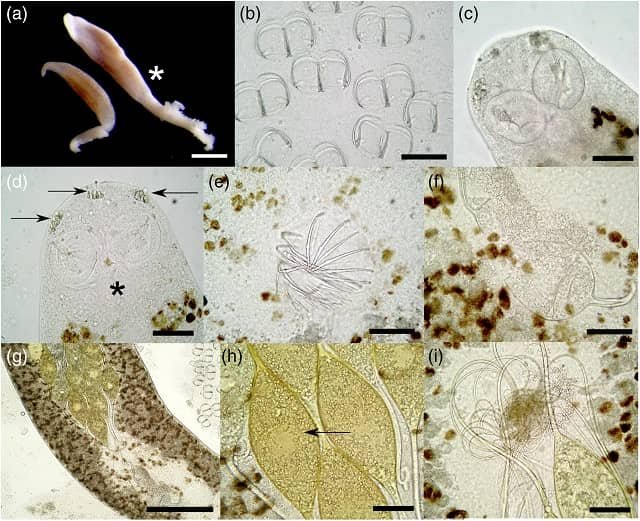A unique tool has been created which helps fish farmers to identify the risk of parasite infection associated with their current farming practices.
The tool, launched by the EU-funded ParaFishControl project, addresses three parasites prevalent in Mediterranean Sea cage aquaculture; Sparicotyle chrysophrii, Enteromyxum leei and Ceratothoa oestroides. Using data from the latest research, consultations with parasite experts and field surveys across 39 Mediterranean cage farms, the tool estimates production gains and losses under different conditions. The model outputs indicate the most effective management strategies for these parasites in terms of site characteristics and husbandry practices. The tool also provides a cost-benefit assessment of various parasite prevention and control measures for aquaculture businesses.
Free to use and fully confidential, the tool is the first of its kind, allowing fish farmers to compare costs of a disease outbreak with those of applying management upgrades. While the tool is representative of Mediterranean cage farming as a whole, developers emphasise that regional differences and disease complexities need to be taken into account. The tool could be adapted for application to other fish parasites and pathogens, by collecting additional structured epidemiological information to underpin the calculations.
The tool is available at openscience.cefas.co.uk/parafish_economic, while the code and metadata can be accessed at data.cefas.co.uk/#/View/20141.
This tool, and many other results originating from the past five years of research within ParaFishControl, will be presented at the project’s Final Conference “Innovative Strategies to Control Parasites in Aquaculture Farms” in Brussels on 11 March 2020. For further information and registration visit https://bit.ly/2veQPVN.
For more information about the project visit parafishcontrol.eu or follow ParaFishControl at twitter.com/parafishcontrol.
Editor at the digital magazine AquaHoy. He holds a degree in Aquaculture Biology from the National University of Santa (UNS) and a Master’s degree in Science and Innovation Management from the Polytechnic University of Valencia, with postgraduate diplomas in Business Innovation and Innovation Management. He possesses extensive experience in the aquaculture and fisheries sector, having led the Fisheries Innovation Unit of the National Program for Innovation in Fisheries and Aquaculture (PNIPA). He has served as a senior consultant in technology watch, an innovation project formulator and advisor, and a lecturer at UNS. He is a member of the Peruvian College of Biologists and was recognized by the World Aquaculture Society (WAS) in 2016 for his contribution to aquaculture.







